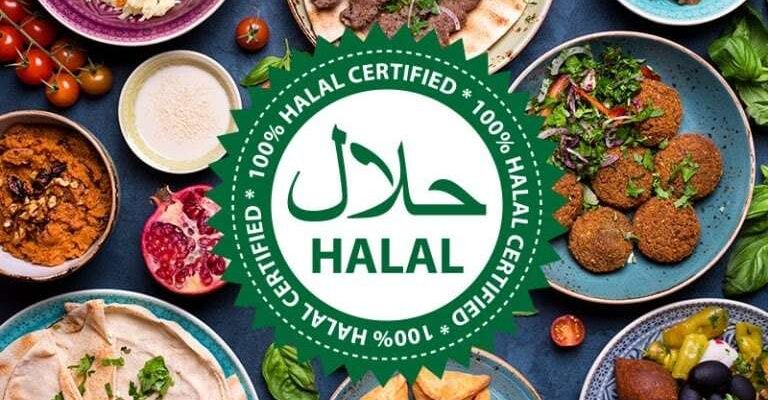What is Halal Certification?
Halal certification is a formal recognition that a product, service, or process complies with Islamic dietary laws and ethical principles. The term halal translates to “permissible” in Arabic, signifying that the item adheres to the standards outlined in the Quran and Hadith (teachings of the Prophet Muhammad, peace be upon him). Halal certification applies to various sectors, including food, beverages, cosmetics, pharmaceuticals, and logistics.
A halal-certified product ensures Muslim consumers that it is free from ingredients or processes considered haram (forbidden), such as pork, alcohol, or unethical practices. This certification is a mark of trust, quality, and integrity, essential for businesses targeting Muslim-majority markets or consumers who value halal products.
Why is Halal Certification Important?
-
Religious Compliance
For Muslims, consuming halal products is a fundamental aspect of their faith. Halal certification assures them that the product meets the requirements of Islamic law. -
Consumer Trust and Confidence
A halal label is a quality assurance symbol, signifying that the product adheres to stringent hygiene, ethical, and safety standards. This builds trust and confidence among consumers. -
Global Market Access
The global halal market is growing rapidly, driven by the expanding Muslim population and increasing demand for halal-certified products. Obtaining halal certification allows businesses to enter lucrative markets in the Middle East, Southeast Asia, and other Muslim-majority regions. -
Broader Appeal
Beyond Muslim consumers, halal certification attracts non-Muslim customers who associate it with ethical sourcing, high hygiene standards, and overall product quality.
The Halal Certification Process
-
Application Submission
Businesses begin by applying to an accredited halal certification body. This includes providing detailed information about the product, its ingredients, and the production process. -
Ingredient Verification
All ingredients are thoroughly reviewed to ensure compliance with halal standards. Any ingredient derived from pork, alcohol, or non-halal sources is prohibited. -
Production Facility Inspection
Inspectors visit the manufacturing site to verify that the production process aligns with halal guidelines. This includes assessing hygiene practices, equipment, and the risk of cross-contamination. -
Approval and Certification
Once the product and processes meet halal standards, the certification body issues a halal certificate. This certificate allows the business to label its products as halal, making them easily identifiable to consumers. -
Renewal and Audits
Halal certification US is not permanent. Businesses must renew their certification periodically and undergo regular audits to ensure continued compliance.
Industries That Require Halal Certification
- Food and Beverages: Meat, processed foods, dairy products, and drinks.
- Cosmetics and Personal Care: Skincare products, perfumes, and toiletries.
- Pharmaceuticals: Medicines, supplements, and vaccines.
- Logistics: Storage and transportation services for halal products.
Benefits of Halal Certification for Businesses
-
Increased Market Reach
Halal certification allows businesses to cater to Muslim-majority regions and attract consumers worldwide. -
Enhanced Brand Reputation
The certification reflects a commitment to quality, ethics, and consumer satisfaction, boosting brand credibility. -
Competitive Advantage
In a competitive marketplace, halal certification differentiates products and services, giving businesses a unique selling point. -
Legal Compliance
In countries where halal labeling is mandatory, certification ensures compliance with local regulations.
Conclusion
Halal certification is more than a religious requirement—it represents a commitment to quality, hygiene, and ethical practices. For businesses, obtaining halal certification is a vital step toward building trust, expanding market reach, and tapping into the ever-growing demand for halal products worldwide. As the global halal economy continues to thrive, halal certification is an investment that pays dividends in consumer loyalty and business success.
